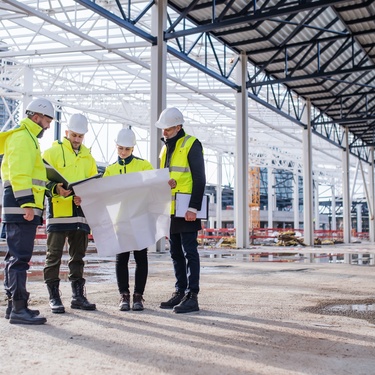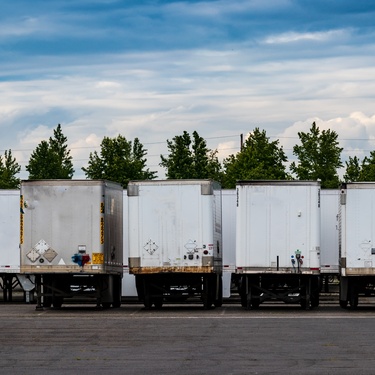
The construction industry has always been a hotbed of innovation. From faster construction timelines to more sustainable practices, each advancement in modern construction practices shapes building processes and what people are capable of building. Read on as we explore how these innovations are enhancing efficiency, mitigating environmental impact, and meeting the increasing demands of urbanization.
The Relationship Between Technology and Construction
Innovations like building information modeling (BIM) allow engineers and architects to collaborate more effectively by visualizing complex projects in 3D. This results in fewer errors, quicker modifications, and more precise execution. Other technologies, such as drones, can support mapping construction sites, monitoring project progress, and real-time data collection.
Shifting Toward Sustainable Construction Methods
The planet needs sustainable efforts from industries in order to thrive. Modern construction prioritizes green building materials such as bamboo, recycled concrete, and cross-laminated timber (CLT), all of which have a less elevated carbon footprint than steel and aluminum.
Aside from the types of building materials, advanced technology can minimize material usage. Prefabrication and 3D printing are great tools that decrease the demand for resources while supporting precise building methods.
Innovations in Foundation Technologies
When it comes to supporting high-rise buildings or industrial warehouses, foundation technologies have seen exceptional innovation. For example, continuous flight auger (CFA) piling is suitable for soft ground conditions. On the other hand, full displacement pile (FDP) systems excel in dense soil due to their ability to displace and compact the ground without removing earth. Understanding the nuances of CFA piling versus FDP systems enables engineers to make informed decisions based on site conditions. This results in heightened project efficiency and stability.
The Implementation of Modular Construction
Modular construction is driving rapid advancements in modern construction practices. This technique involves creating sections of a building off-site in a controlled environment and then assembling them on-site. Modular construction reduces build times, resulting in less disruption to communities.
Furthermore, by working in a controlled environment, conditions such as weather delays are virtually eliminated. This improves cost predictability for developers.
Design a Future Based on Innovation
Advancements in modern construction practices are pivotal to meeting the challenges of global urbanization and the push for sustainability. These forward-thinking approaches—from smart technologies and innovative foundation solutions to environmentally friendly building methods—are reshaping the construction industry.
Bio: Casey is a passionate copyeditor highly motivated to provide compelling SEO content in the digital marketing space. Her expertise includes a vast range of industries from highly technical, consumer, and lifestyle-based, with an emphasis on attention to detail and readability.



















